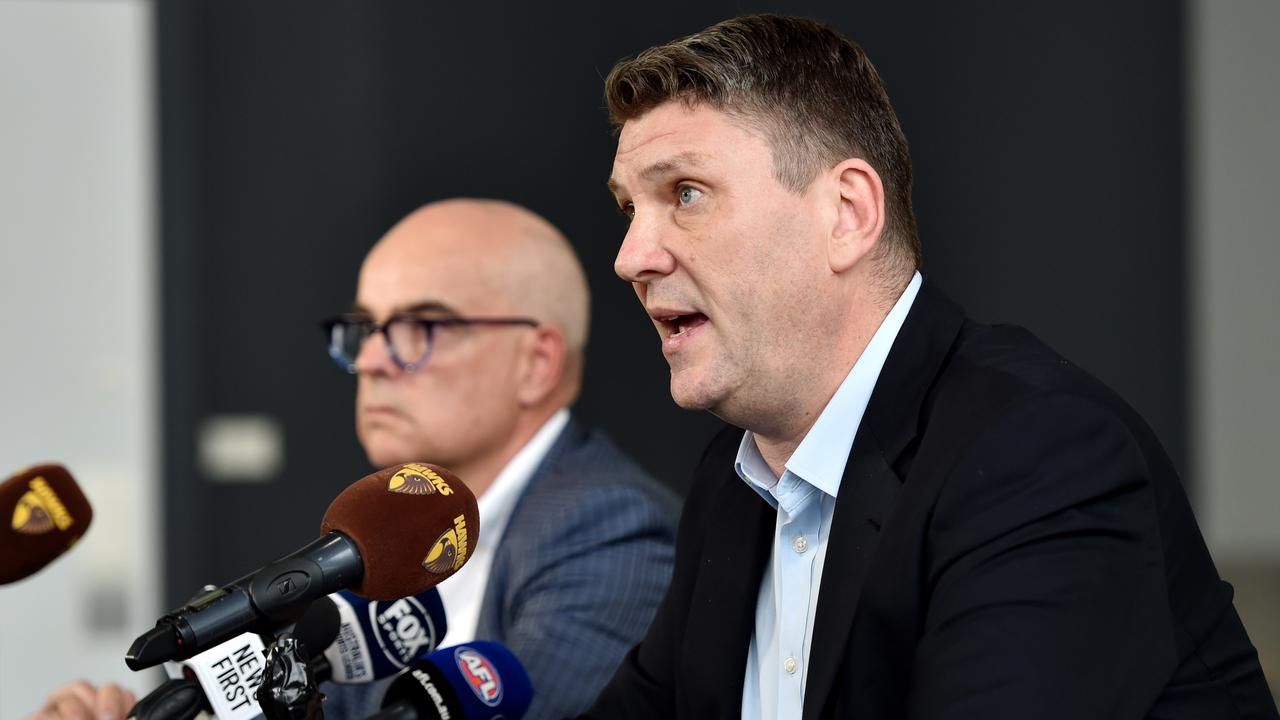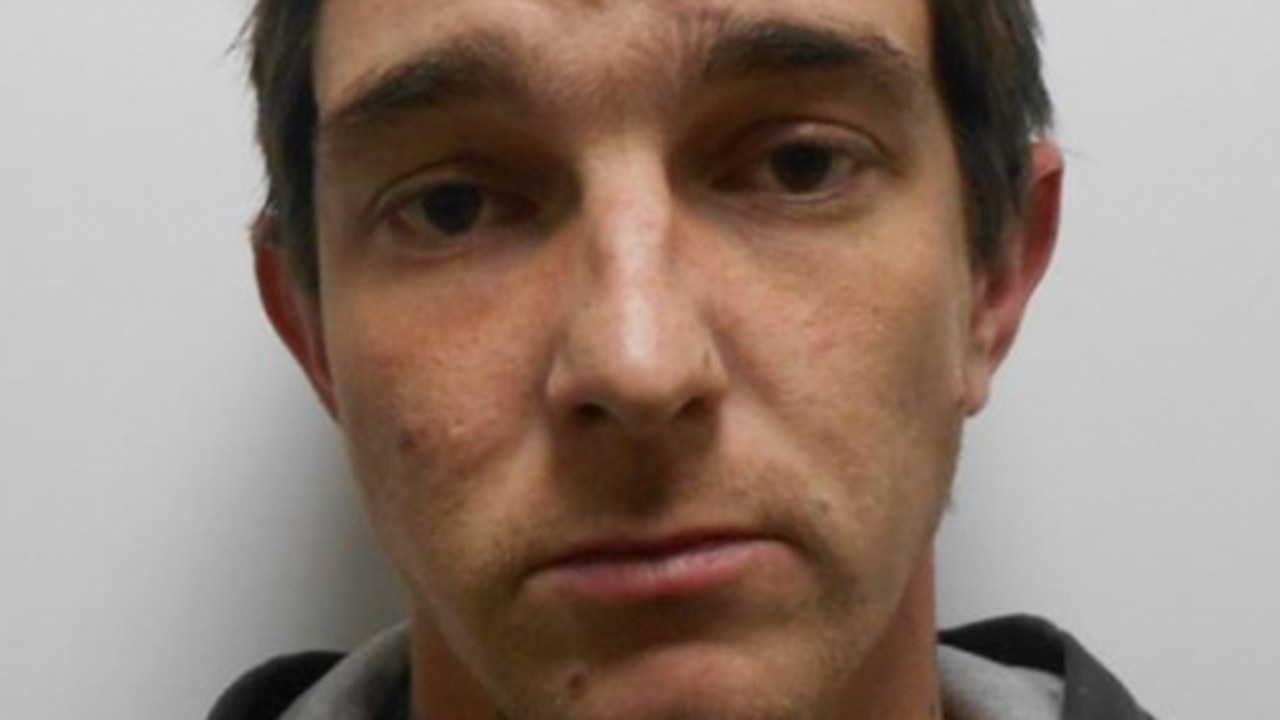Andrew Bragg warns focus must turn to convincing voters on the fence about Voice referendum
The government needs to target a key group of voters if it wants its Voice referendum to succeed, a Liberal senator has warned.
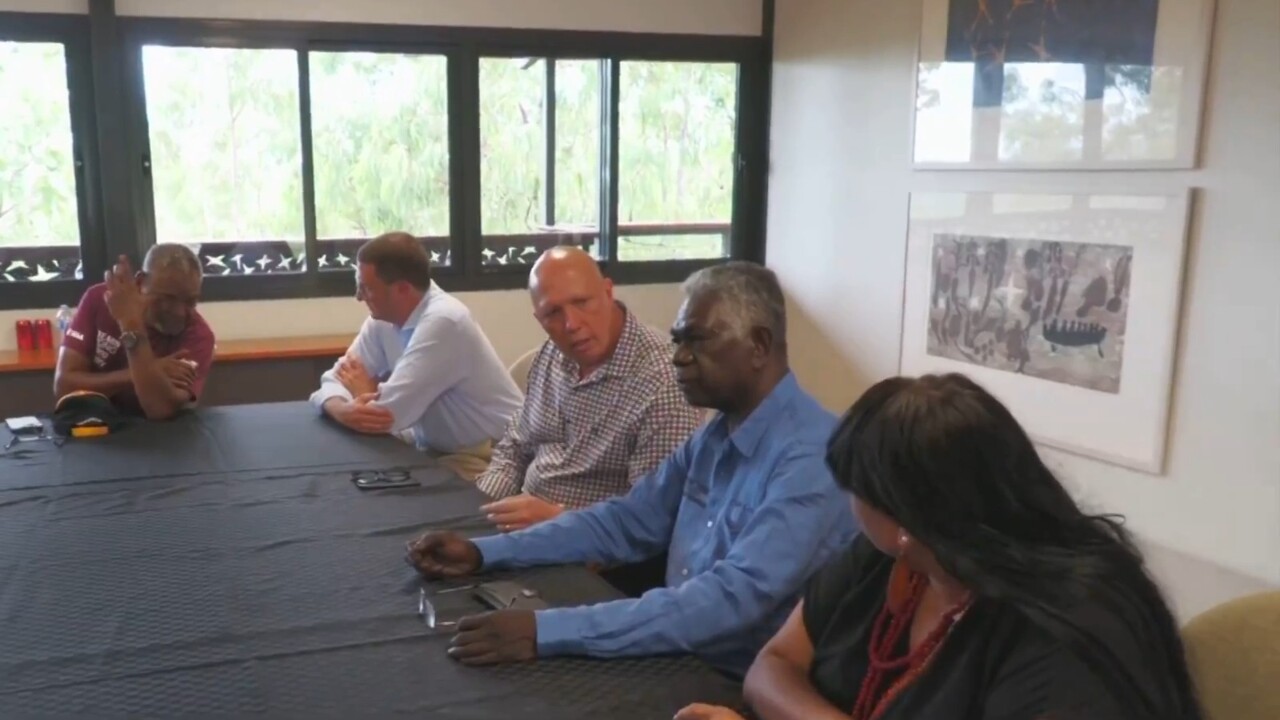
NewsWire
Don't miss out on the headlines from NewsWire. Followed categories will be added to My News.
Liberal senator Andrew Bragg says Anthony Albanese must turn his focus towards voters on the fence, or those leaning towards voting no, if the Voice is to succeed.
In a speech to Uphold and Recognise – a non-profit organisation committed to both upholding the Constitution and the substantive recognition of Indigenous Australians – the Liberal moderate said the referendum risked failing if the government didn’t look outside of its own bubble.
He said bipartisanship was crucial in a successful Voice, but Labor risked losing this because of “flawed process”.
“We cannot have the referendum fail simply because of a flawed process. That would be extremely damaging for our country and for the future of race relations in Australia,” he said.
“The reality is that the government needs to take Liberal and conservative voters with them to succeed at this referendum.
“If only 13 per cent of Coalition voters vote yes, the Voice is dead. In reality, at least 25 per cent of Coalition voters will be required to vote yes if the Voice is going to get up.”
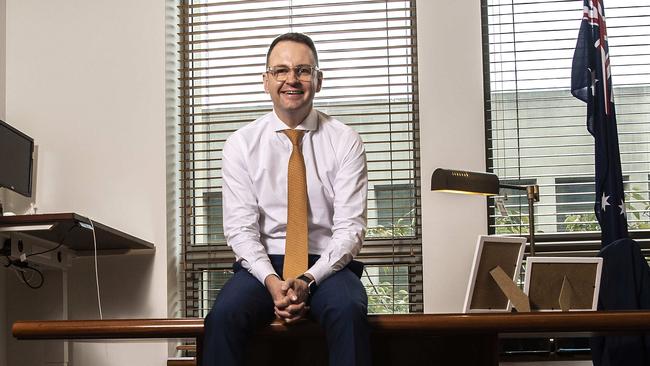
Senator Bragg said ‘yes’ campaigners needed to convince Australians who are on the fence, or planning to vote ‘no’, by giving them more detail.
Opposition Leader Peter Dutton has been leading the chorus calling for more detail, and has said he is reluctant to take a position until he has more information.
David Littleproud and the Nationals, however, do not support the Voice.
The Prime Minister in an interview on Sunday hit back at critics calling for more detail, pointing them to the 270-page report authored by Tom Calma and Marcia Langton.
“And if people want to just Google the ‘Uluru Statement from the Heart’, they will see that,” Mr Albanese told Flashpoint WA.
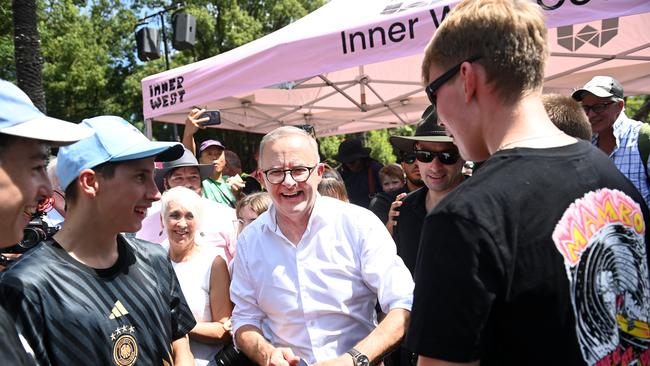
Senator Bragg said he was concerned “too few Australians can see how this new power will be deployed to help communities close the gap”.
“Since releasing the proposed set of words at Garma in July 2022, the government has not engaged in a proper process to consider the wording and the related legal issues,” he said.
“Labor has not formally accepted any element of the Calma/Langton report.
“My view is that an exposure draft of the Bill, or at least a detailed policy, should be published by the government. This must set out how the Voice will improve lives and help close the gap in communities.”
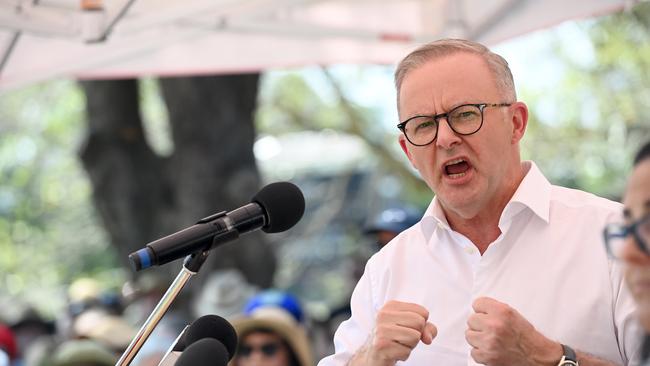
In his speech, he examined the “lessons of history”, saying Australians had a chance this year to complete the work of former prime minister Harold Holt – who was instrumental in the success of the 1967 referendum.
Senator Bragg said Mr Holt had put indigenous affairs high on the agenda, but after his disappearance his successors lacked momentum.
He said overall, the Commonwealth had mainly continued the “discriminatory, paternalistic policy of the pre-1967 years”.
“At its heart, this is about ensuring that the system can actually deliver for Indigenous people,” Senator Bragg said.
On Sunday, Mr Albanese would not be drawn on whether he would take it “personally” if the Voice were to fail.
“It’s not about me, it’s not about politicians,” he said.
“It’s about people. It’s about the Australian people and it’s about the decision that they make.”
Originally published as Andrew Bragg warns focus must turn to convincing voters on the fence about Voice referendum

